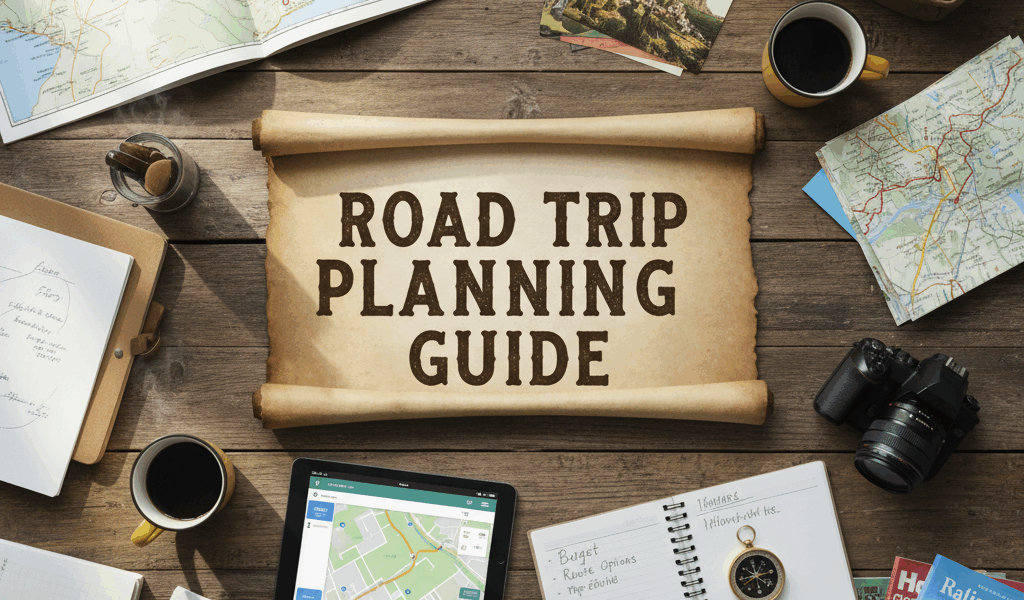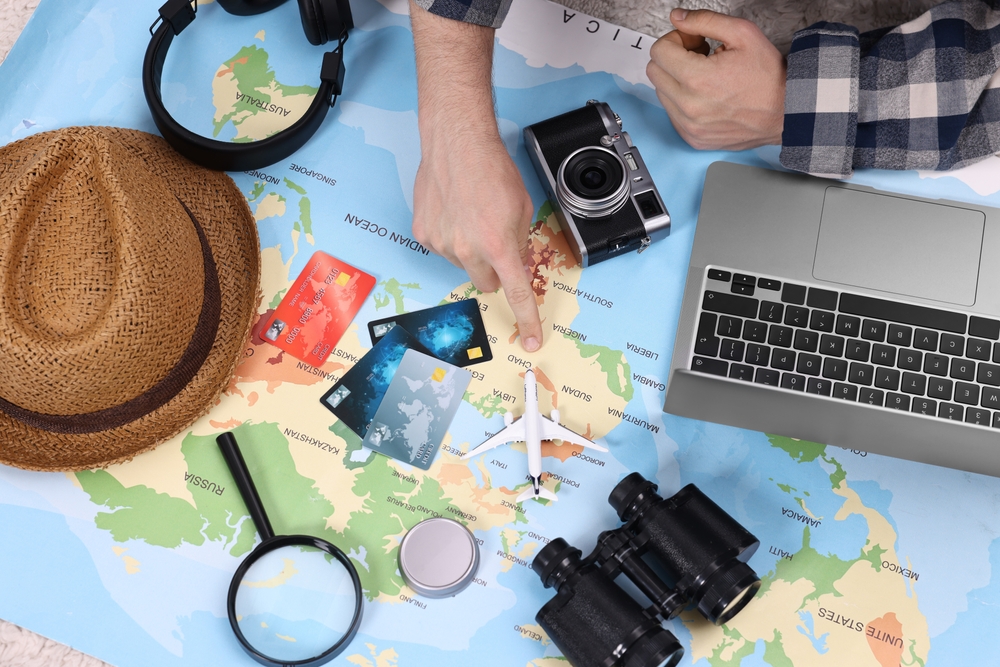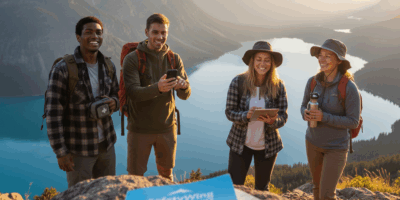Ultimate Road Trip
The Ultimate Road Trip
Planning a road trip can be exciting yet daunting. Getting the essentials and routes right is key. This guide covers everything you need for the ultimate road trip adventure.
Picking Your Destination
The first step is to decide where to go. Do you want to visit national parks, seaside towns, or bustling cities? Each choice offers unique experiences. National parks provide stunning landscapes, perfect for hiking and outdoor activities. Seaside towns offer relaxed vibes with beaches and fresh seafood. Cities provide cultural experiences with museums, restaurants, and nightlife.
Route Planning
Once you have your destination, it’s time to plan your route. Use a combination of maps and GPS. Plan for scenic byways to maximize enjoyment. Avoid long stretches of highways when possible. Plan for stops at key attractions along the way. This prevents burnout and keeps the journey enjoyable.
Vehicle Preparation
Ensure your vehicle is ready for the journey. Check tire pressure and tread. Inspect oil and fluid levels. Make sure the brakes are in good condition. Consider bringing a spare tire, jack, and basic tools. Regular maintenance can prevent breakdowns.
Packing Essentials
Pack for comfort and convenience. Here’s a checklist to help you:
- Comfortable clothing
- Reusable water bottle
- Snacks and a cooler for perishables
- First aid kit
- Personal hygiene items
- Entertainment (books, music, or games)
- Charging cables and power banks
- Maps and backup GPS
Lodging Options
Decide whether to camp, stay in hotels, or use short-term rentals. Camping offers a rustic experience and is cost-effective. It’s essential to reserve campsites in advance, especially during peak seasons. Hotels provide comfort and amenities but can be expensive. Short-term rentals give you a home-like feel with more space and options like kitchens.
Food and Dining
Plan your meals to avoid relying completely on roadside diners. Stock up on non-perishable items like granola bars, nuts, and dried fruits. When eating out, try local eateries to experience regional cuisine. Food trucks and street vendors can provide unique, affordable options.
Entertainment on the Road
Long hours in a vehicle can get dull. Prepare a playlist with your favorite music. Audiobooks and podcasts can also keep you entertained. Plan games to play with your travel companions, whether it’s classic car games or trivia. Consider bringing a camera to document your trip.
Safety Tips
Your safety on the road is paramount. Always wear seat belts. Avoid driving long hours without rest. Take breaks every 2-3 hours to stretch and refresh. Keep a roadside emergency kit with flares, jumper cables, and a flashlight. Be aware of your surroundings, especially in remote areas.
Handling Emergencies
Emergencies can happen even with the best preparation. Know how to change a flat tire and jump-start a vehicle. Have a list of emergency contacts and roadside assistance numbers. If you encounter severe weather, find a safe place to wait it out. Make sure you’re familiar with basic first aid.
Documenting Your Journey
Keep a travel journal to record your experiences. Photography is a great way to capture memories. Share your adventure on social media or start a blog. This way, you can relive your trip and share tips with others planning similar journeys.
Budgeting Concerns
Create a budget before you hit the road. Factor in gas, lodging, food, and attractions. Track your expenses to avoid overspending. Utilize apps to find deals on accommodations and dining. Consider camping and cooking meals to save money.
Respecting Nature
Respect the natural sites you visit. Follow Leave No Trace principles: pack out what you pack in, dispose of waste properly, and prohibit disturbing wildlife. Respect trail guidelines and stay on designated paths.
Connecting with Locals
Engage with the communities you visit. Talk to locals for insider tips on attractions and dining. Attend local events or farmers’ markets for a taste of regional culture. This enriches your travel experience and supports the local economy.
Learning on the Go
Road trips provide great learning opportunities. Visit museums, historical sites, and cultural centers. Use travel as an educational tool for kids. Turn travel time into teaching moments about geography, history, and culture.
Solo Road Trip Tips
Solo travel has its unique considerations. Prioritize safety by sharing your route and check-in times with someone trustworthy. Ensure your vehicle is in top condition. Stay in well-reviewed lodging. Keep entertainment handy, like audiobooks and playlists. Enjoy the freedom and flexibility of solo travel.



